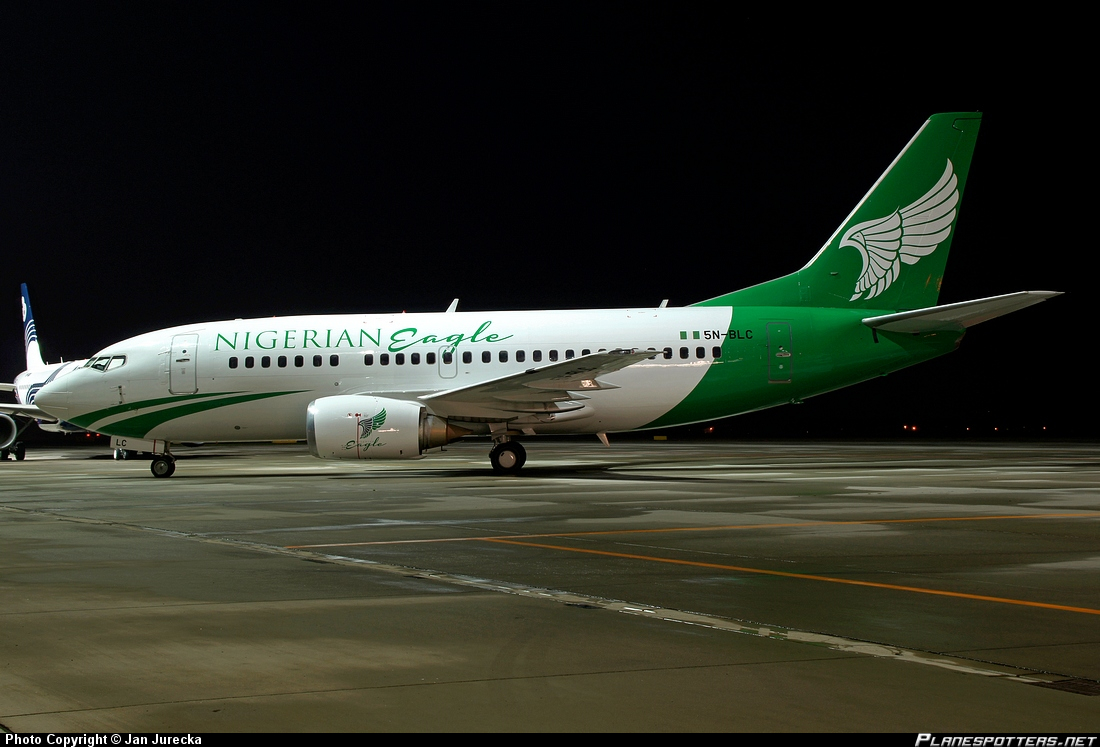Chief Osita Chidoka, immediate past aviation minister has attributed the inability of Nigeria to convert Aero Contractors, to its national carrier to opposition from the company’s minority shareholders.
Chidoka revealed that for an airline “to be a national carrier, the ownership structure should be diversified. The airline should not be a family business operated by one man and his children. Private investors should have equity in the business, the books must be open for scrutiny and auditing and there must be transparent financial dealings and agreeing to restructure the ownership through the sale of shares on a 60/40 basis.”
He added that “it must have International Air Transport Association (IATA) and International Operational Safety Audit (IOSA) certification; it must have evidence of technical partnership and must meet minimum fleet size, equipment and diverse ownership.”
Chidoka further said that the airline must have a strong and reliable technical partnership that will constantly guide the airline on the path of safety and profitability. “This must be accompanied by International Air Transport Association (IATA) International Operational Safety Audit (IOSA) certification which is done periodically. The airline must have the right fleet size in order not to put unnecessary pressure on few air planes which will lead to quick wear and tear,” he said.
The former minister also gave insights to challenges militating against effective oversight of the aviation industry by the ministry. “The Ministry of Aviation has eleven departments. Two of the eleven departments are focused on the provision of technical Aviation services. Current staff strength in the ministry stands at 560. About 33 percent of this staff strength serve in the two technical departments while the remaining are split amongst the non-technical departments.”
He said that the staff pooling system of the federal civil service limited the ministry’s ability to build and maintain a group of technical experts to manage the affairs of the civil Aviation industry. “The pooling system should be modified to accommodate the technical expertise required in certain areas. The ministry staff strength is skewed towards service areas as against technical aviation related areas.
The staffing needs to be re-adjusted to enable the ministry beef up the staff numbers in the technical aviation areas which is the organisation’s core focus”.
Chidoka also identified the constant changing of permanent secretary as a major constraining factor in the ability of the aviation ministry to discharge its functions effectively. This, he said, had created room for politicians and contractors to take over the ministry.
He recommended that regulators should be proactive and intervene in any airline the moment it notice any sign of problem. “There is the need to set up Aviation corporate governance and enterprise Risk framework to reduce the probability of aviation corporation failure due to moral hazard,” Chidoka said.
The former Minister said that he had appealed to Pension Commission (PenCom) to set aside three per cent of pension fund to invest in aviation, adding that when this is done it would help to grow Nigerian airlines.
Dike Onwuamaeze
[divider]


